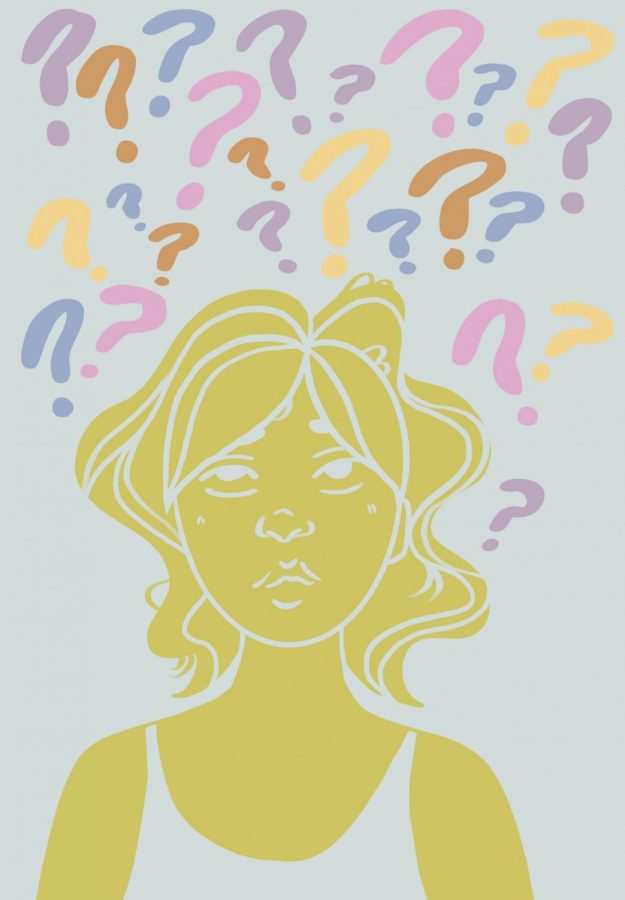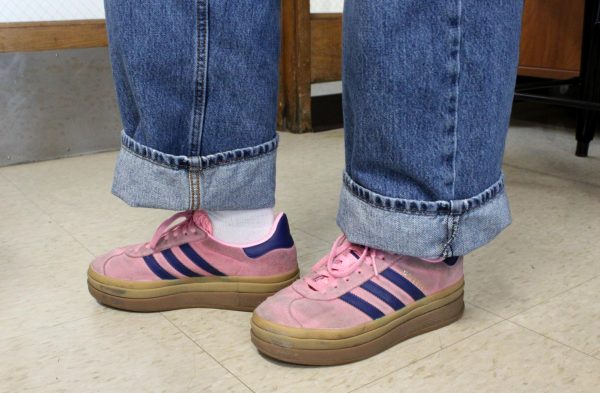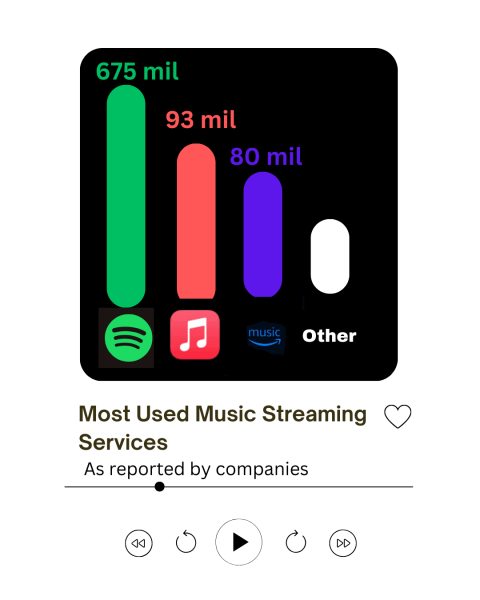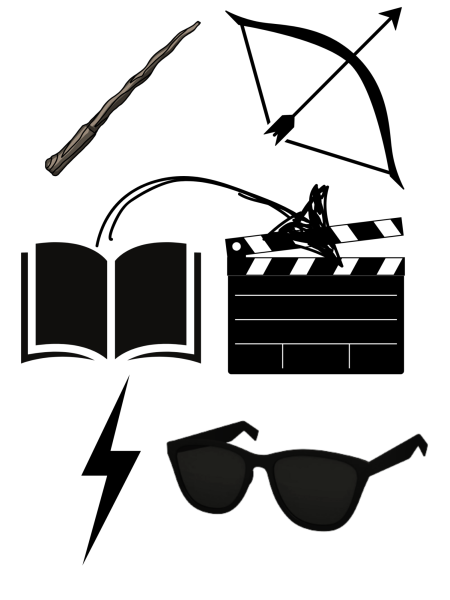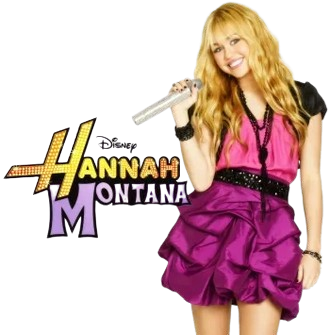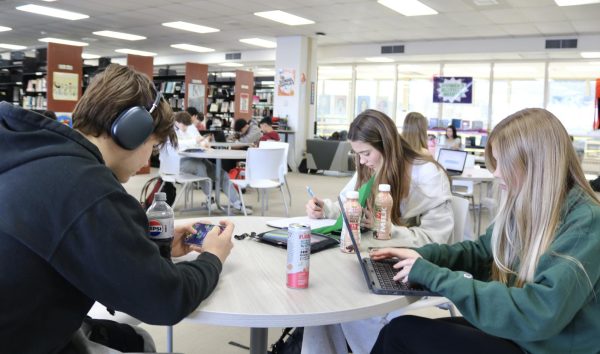We don’t need to know everything
Knowledge implies certainty, an unyielding determination to banish doubt and embrace the security of sureness. As humans seeking clarity in our lives and precision in our beliefs, craving knowledge is only natural. There is no questioning, no debate in a world of black and white; right and wrong are easily differentiated. We dedicate ourselves to the pursuit of knowledge and settle into our belief that since we’ve done the research, obtained the facts and begun to spread our voice of confidence, we should not be challenged. It’s comfortable to “know.”
This is all well and good, but as the Information Age solidifies its grasp on the world, humanity has access to masses of numbers and images and voices screaming across the globe with the utmost confidence that they are correct and suddenly, pursuing knowledge has become a mess of sorting through falsities and noise.
Yet humans still want that comfort of knowing and being right, so we brace ourselves for the billions of people, comments, websites — and join with them. Instead of looking across the ocean and watching its creatures from the surface, we created oxygen tanks and explored its depths, built submarines and voluntarily dove thousands of meters underwater. We ventured across the globe, mapping it and searching its corners for something new, something we hadn’t yet shared with the rest of our species. We shot rockets into space, craving yet another frontier now that we’ve exhausted the novelty of our planet. We want to overcome doubt, challenge the odds and fill the unknowns with data.
That pursuit of knowledge is exciting. It carries our society forward. It shares information and experiences from the farthest stretches of our world to everyone with access to a screen. But pursuing knowledge is not always good.
It destroys mystery. It brings an end to the beautiful, wide-eyed wonder that permeates the mind of children as they stand at the edge of vast canyons and simply observe. It takes away the realness, the truth of seeing something with our own eyes. There’s simply so much of it — so much to see, so much to do — that our glances become superficial. We glaze over book summaries because we don’t have time to delve into the complications of a single plot when there’s millions of other books to read. We know of the beauty of millions of deserts and oceans and mountains across the world, so we scroll quickly through images online rather than stepping outside and admiring the surroundings of our home.
Life has become so blurred. It’s fast-paced, and that’s fine. We’re a productive society and that should be a source of pride. But we must be careful about how much time we spend chasing and fighting to keep up with the conglomerate of information beneath our fingertips, lest we lose our ability to focus our eyes and feel the world without obsessing over our strangling need to understand everything.
Doubt is okay. The knowledge we accept as truth now may be seen as archaic in a century. Such has happened before and will probably happen again. We have believed our planet to be at the center of the solar system and used leeches to cure disease. Pursuing knowledge is ongoing, not just because we crave it but because we continue to be wrong and continue to strive to be a little less wrong next time we make a discovery.
That opens up remarkable opportunities to embark on the thrilling, never-ending journey of shaping ourselves rather than existing in a stagnant identity determined by knowledge and determined to force that knowledge upon everyone else.
And that’s terrifying. Having no definition and never finding concrete beliefs based on knowledge leaves us without much to fall back on. It keeps us guessing, but it keeps us open to possibility. Maybe this ongoing search for new answers sounds counterintuitive when juxtaposed with a call to stop obsessing over finding knowledge, but they can, and must, coexist.
Wonder is different from achieving answers. Pausing in the stillness of wonder, rather than immediately demanding surety, allows us to admire the curiosities around us and bask in our uncertainty and thus, be in our lives wholly.



